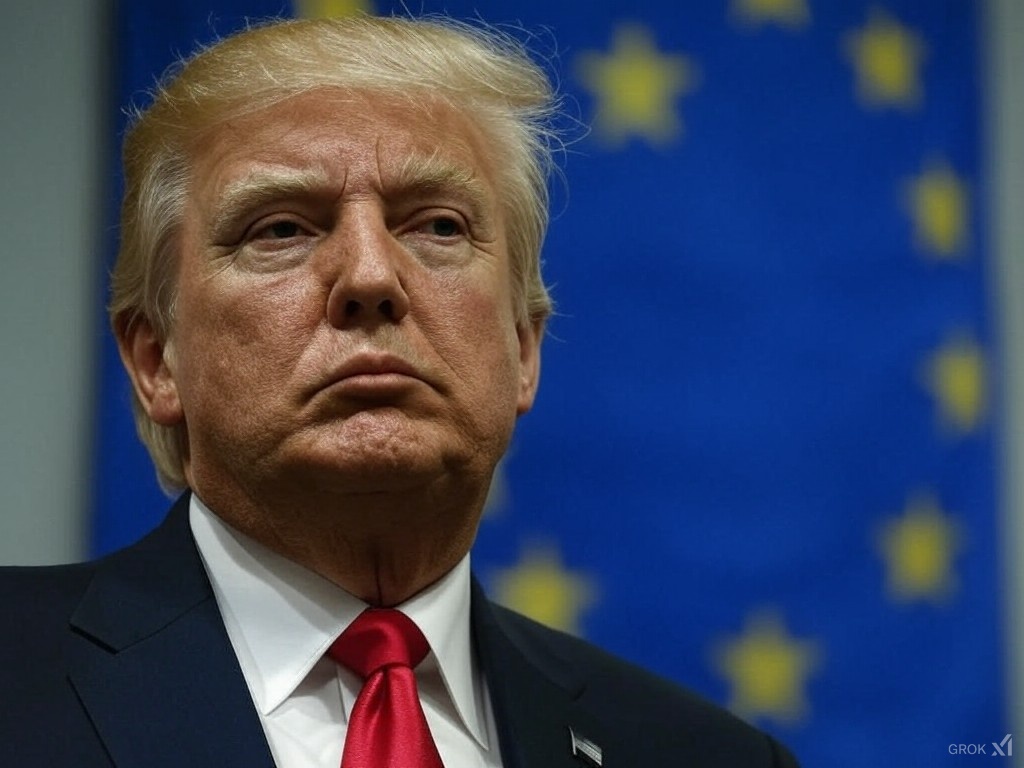As Europe awaits President Trump’s first actions in regard to Europe, specifically in the economic sphere, one expert on the ground in Poland has some advice for his country’s six-month presidency of the Council of the European Union.
According to Marcin Nowacki, vice president of the Union of Entrepreneurs and Employers (ZPP), the European Union must prepare for a greater reception of products and services from the United States, which has a high trade deficit with the Old Continent.
Poland, traditionally friendly towards the U.S., could use its presidency of the EU Council to bring about an agreement between the two sides, he told the Newseria news agency, as quoted by Salon24.
“We need to open up as Europe, as the European Union, to orders, products, and investments from the States. Natural directions, important from the point of view of Poland, are defense; increased spending on armaments in NATO and European Union countries is partly related to the transfer of technology from America. Here again, we provide assistance and competence,” the ZPP head said.
“Another area is digital technologies, data centers, and cloud computing, where Europe has fewer competencies; we should thus naturally attract investments. Poland and Central Europe is a natural place to play the main role in this area. And finally, industry and energy. We have more and more cooperation with the energy industry from the States and I think that this direction should also be maintained with Polish leadership in this area,” Nowacki concluded.
Donald Trump’s statements suggest that one of the first decisions will be to introduce tariffs on goods imported from abroad. This move would be aimed most strongly at China, with products subject to a 60% tariff. Trump also threatened Canada and Mexico, threatening a 25% rate to stop the flow of immigrants and drugs.
The European Union may also expect restrictions on free trade, i.e., tariffs from 10% to 20% on imports from the EU if the community does not make up for its huge trade deficit with the U.S. by purchasing oil and gas. Europe has announced an “adequate response,” which can be understood as the intention to introduce retaliatory tariffs. However, experts agree that Europe will end up worse off from mutual tariffs than the U.S.
“In the context of the future of economic and political relations between the United States and the European Union, we see many risks and challenges. I am afraid of a potential trade war between the European Union and the States, I am also afraid of tensions in the digital sector. The European Union has done a lot of regulatory work in the context of balancing its position with American companies, and we have to find a common denominator,“ Nowacki told the paper.
“The States expect us to have greater exposure to products, to orders from America, because we have a trade surplus; this is justified. On the other hand, in recent years, we have replaced America with China as the largest partner in the context of imports to Europe,” he pointed out.






